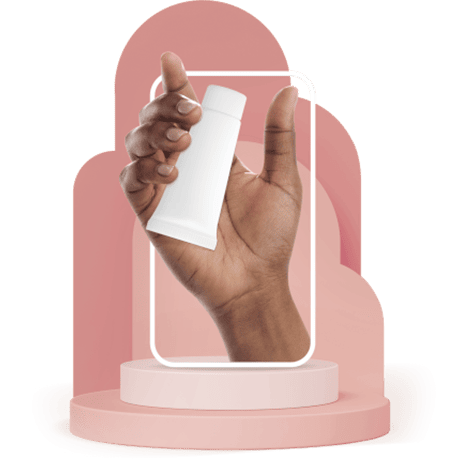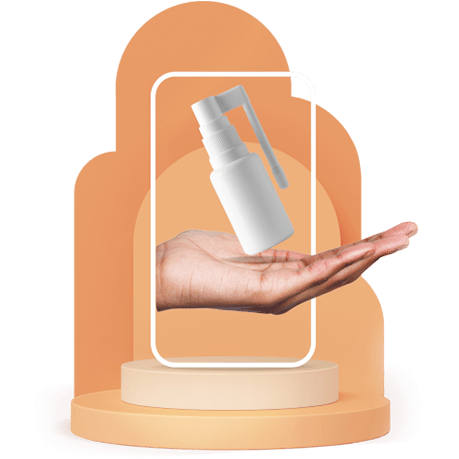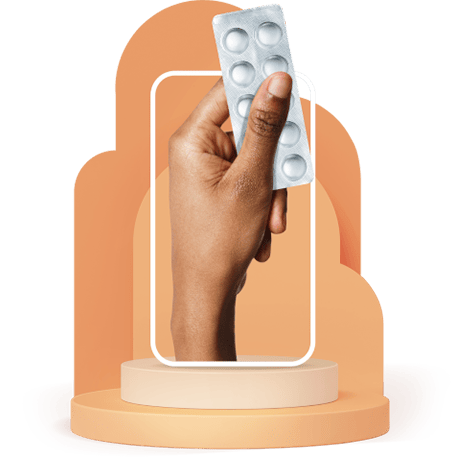What is Syphilis?
Syphilis is an STI caused by the bacterium Treponema pallidum. There are four stages of the infection:
- Primary
- Secondary
- Latent; and
- Tertiary.
Syphilis is most infectious in the primary and secondary stages (the first two stages).
When it is in the hidden, or latent, stage, the disease remains active but often with no symptoms. Tertiary, the fourth stage of Syphilis, is the most destructive to your health. Without treatment, it can progress through all 4 stages.
How does a Syphilis infection occur?
Syphilis is spread through bodily fluids. The most common events that cause spread of the infection are:
- Unprotected oral, vaginal, or anal sex;
- Sharing sex toys with an infected person; or
- Close genital contact (even if there’s no penetration, orgasm, or ejaculation).
What are the symptoms of the four stages of Syphilis?
Stage 1: Primary
Symptoms start to occur after 2-3 weeks of the infection taking place. These are:
- A small, painless ulcer appears at the site of infection, either the penis, vagina, rectum, mouth, lips, or fingers; or
- Swollen glands, typically in the groin, neck or armpits.
Stage 2: Secondary Syphilis
Symptoms start to occur within 6 months of infection and can flare up multiple times over several months before disappearing.
- Blotchy red rash that often appears on your palms or soles but it can appear anywhere on the body;
- Small wart-like skin growths on the vulva or around the rectum;
- White patches in the mouth;
- Swollen glands in the groin, neck or armpits;
- Flu-like symptoms such as headaches, fever and fatigue; or
- Hair loss – patchy.
Stage 3: Latent
This stage of Syphilis can last from 1 to 20 years after infection. During this time the person may have no symptoms, or they may have relapses of secondary symptoms (as mentioned above).
Stage 4: Tertiary
This stage of Syphilis can occur anywhere from 1 to 45 years after infection. Symptoms include:
- Dementia;
- Psychosis;
- Numbness;
- Loss of coordination;
- Vision problems;
- Blindness;
- Skin and bone lesions;
- Heart failure;
- Heart murmurs;
- Angina;
- Aneurysms; or
- Strokes.
Not all individuals will have symptoms when they have a Syphilis infection. However, It is still possible to pass Syphilis on to others through the transmission methods mentioned above. The symptoms of Syphilis depend on the individual’s stage, it can be transmitted during all four stages.
How is Syphilis treated?
Syphilis is treated with a course of antibiotics, but the type of treatment you need depends on how long you’ve been infected and what stage of Syphilis you’re on.
Contro’s Partner Doctors are able to assist you with obtaining the correct antibiotic treatment plan for Syphilis. Sign up here, book a private and affordable consultation and get your medication delivered free to your door in discreet packaging.
Do I have to finish my course of antibiotics?
Yes, you must always take and finish your course of antibiotics as prescribed by your attending doctor.
When should I get treatment for Syphilis?
If you or your partner(s) have any of the above symptoms, your partner tells you they have Syphilis or another STI, or you had unprotected sex with someone new, you should either get tested or seek treatment immediately. It can take up to 12 weeks from the time of exposure for the infection to be detected through testing.
If you are pregnant or suspect you may be pregnant, and are concerned you may have Syphilis, you should should seek immediate attention and/or advice from a medical professional. If you believe you have Syphilis you should either get tested or seek treatment immediately from a qualified medical professional.
What if I test positive?
If you test positive, you should seek treatment immediately. You must not engage in sexual activity (e.g. oral, vaginal, or anal sex, genital contact, or use sex toys). It’s important that your recent sexual partner(s) are also tested and treated. This includes anyone you are currently having sex with, anyone you’ve had sex within the last 6 months, and your last sexual partner. Once you and your partner(s) have completed treatment, you can then safely resume sexual activity.
What if I don’t treat a Syphilis infection?
If left untreated, Syphilis can ultimately be fatal.
For any further information related to Syphilis please book a consultation with one of our Partner Doctors who will be able to assist and provide you with the correct medical advice. For all non-medical queries, you’re welcome to contact us through our chat service or at support@contro.co.za between the hours of 9:00 to 18:00 Monday to Friday. Otherwise, leave us a message and we’ll get back to you as soon as possible.





















